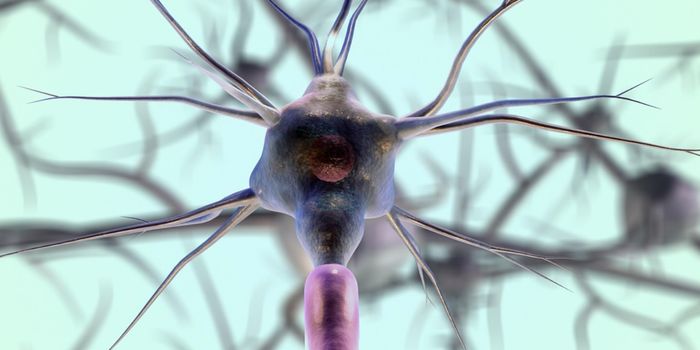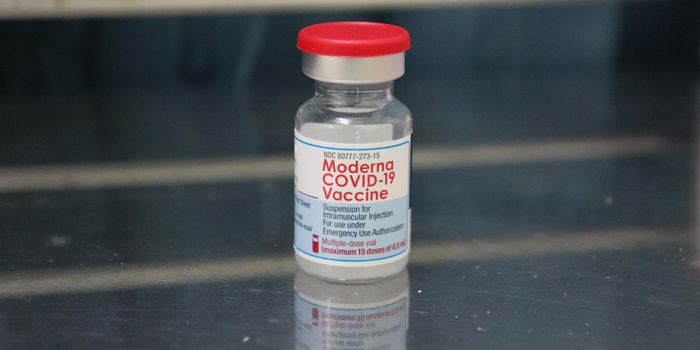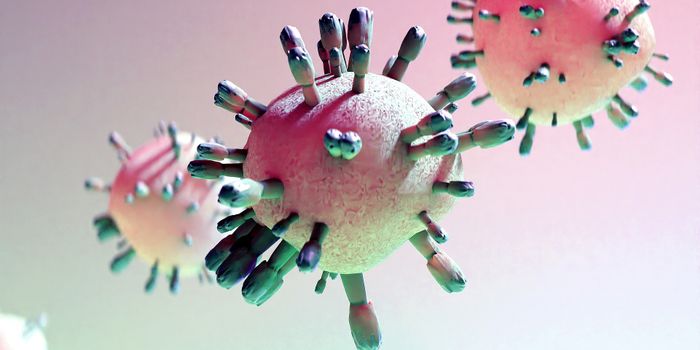Cellular Protein Turnover Linked to Aging
Scientists have found that there is an excess of protein production in a rare disorder that causes premature aging, Hutchinson-Gilford progeria. The researchers believe this new study could aid those suffering from this disease and may give us insight into how to slow the aging process in healthy people. The work, which adds to other reports that have suggested slowing protein synthesis could increase lifespan, has been published in Nature Communications and is outlined in the video below.
"The production of proteins is an extremely energy-intensive process for cells," explained senior author of the report Martin Hetzer, Vice President and Chief Science Officer of the Salk Institute. "When a cell devotes valuable resources to producing protein, other important functions may be neglected. Our work suggests that one driver of both abnormal and normal aging could be accelerated protein turnover."
Caused by a rare genetic mutation, Hutchinson-Gilford progeria results in an aging rate that is eight to ten times faster in those that are impacted compared to healthy people. It causes death at a young age. The mutation affects a structural protein in the nucleus of cells called lamin A. It has not been known how one aberrant protein can result in the huge range of characteristics causing rapid aging in the disorder.
Salk Staff Scientist and first author Abigail Buchwalter wanted to know if the mutation was reducing the stability of lamin A, causing it to turn over quickly. By assaying protein turnover in cells grown from skin biopsies of healthy people and those suffering from progeria, it was found that lamin A wasn’t the only thing impacted by the disease.
"We analyzed all the proteins of the nucleus and instead of seeing rapid turnover in just mutant lamin A and maybe a few proteins associated with it, we saw a really broad shift in overall protein stability in the progeria cells," said Buchwalter. "This indicated a change in protein metabolism that we hadn't expected."
The researchers also learned that a cellular organelle called the nucleolus was enlarged in cells that age prematurely. The nucleolus synthesizes ribosomes, which in turn manufacture proteins. Interestingly, in healthy cells, the nucleolus increases in size with age. It could be a biomarker for aging, suggested the researchers.
"We always assume that aging is a linear process, but we don't know that for sure," said Hetzer, who is also the Jesse and Caryl Philips Chair. "A biomarker such as this that tracks aging would be very useful, and could open up new ways of studying and understanding aging in humans."
Sources: AAAS/Eurekalert! Via Salk Institute, Nature Communications









